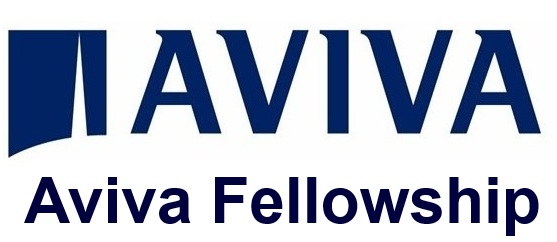
Be Scam Aware

|
Protect your personal details Be Scam Aware |
|
Beware of criminals trying to steal your personal data ... and, of course, your cash |
|
By now, we're all used to receiving scam emails promising us "a Last Chance to Claim Your Free Gift" of a Cream Tea / Fire Safety Kit / "chance to participate in our Loyalty Program FOR FREE!" and we treat them with the contempt they deserve.
But more dangerous, because they're more plausible, are mails / texts / phone calls pretending to be from your bank or credit card supplier, fishing for your personal details. The mail will contain a dire warning and a link to click for more details. Don't do it. A real email from your bank will be addressed to you personally, not just your email address, and should contain a personal identifier such as your postcode or the last four digits of your account or card number. It should prompt you to check your account yourself, not by any link within the email, and would never ask you to enter account details or transfer your hard-earned cash. Similarly, if a robot on the phone claims to be calling from the "Security Department" of your bank or card supplier, without asking for you by name or saying which bank that is, then it isn't! It may go on to list two or three recent purchases (one of which often seems to be £156.99 at Amazon, because odd numbers sound more convincing) and ask you to confirm them on your keypad. Just ring off quickly. If you wish to check with your bank or card supplier, call their number as shown on a recent statement (preferably on a different phone, if possible, or otherwise after a pause of, say, ten minutes, in case the scammer may still be on the line).
The warning from Aviva is “if you see anything suspicious, report it”.
As well as reporting any suspected scams to the company concerned, two of the more useful links are
Action Fraud and
report@phishing.gov.uk
|
|
Maggie Mahoney Secretary and Event Organiser Aviva Fellowship Croydon Area |